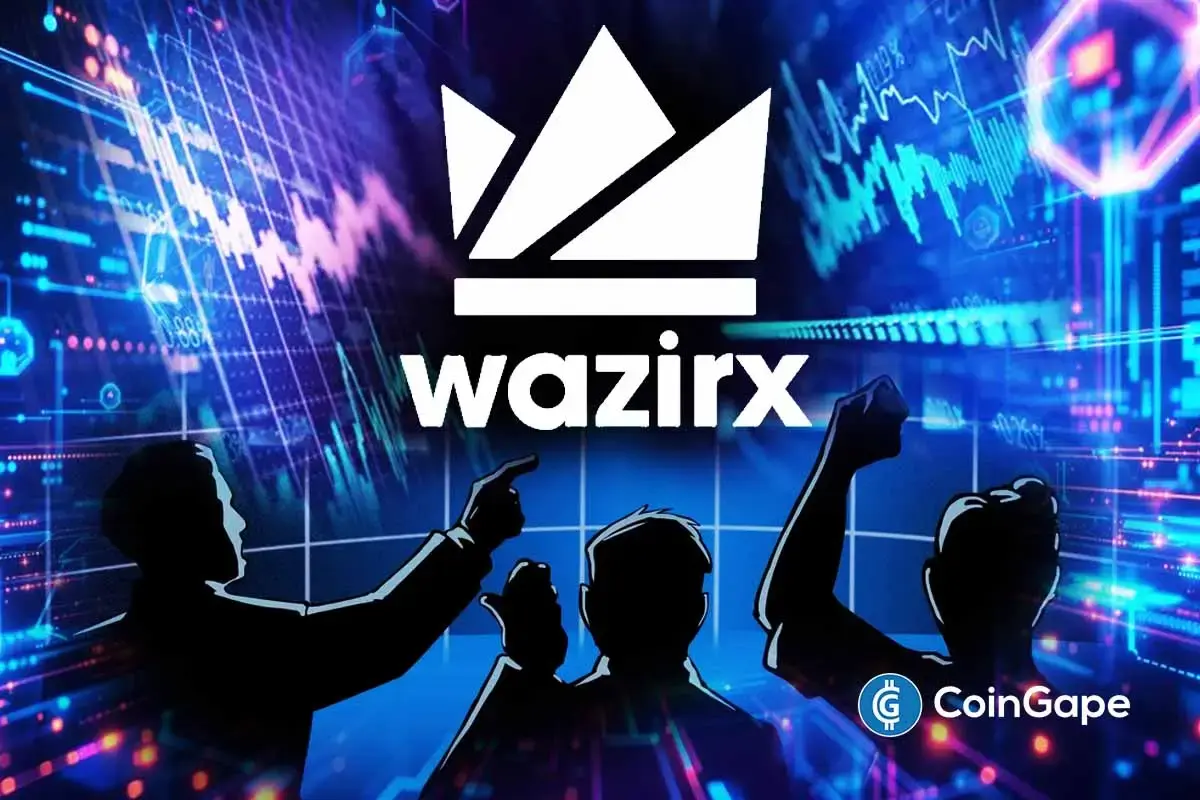Court Rules XRP as Property in Landmark WazirX Hack Case, Barred Redistribution

Highlights
- Madras High Court announces that XRP, and other cryptocurrencies are property in Indian law.
- Court favored XRP investors, and argued against WazirX's claims of Singapore jurisdiction.
- The ruling encourages cryptocurrency platforms to be stricter in governance and compliance.
In a landmark ruling, the Madras High Court in India has declared XRP and other crypto assets as property under Indian law. The judgment given by Justice N. Anand Venkatesh pointed out that cryptocurrencies are recognizable, movable, and manageable solely with the help of private keys, making them a unique type of property. The court also barred the exchange from redistributing the holder’s XRP.
Court Sided with XRP Holder, Rejects WazirX Claim
The case was based on the 2024 WazirX hack, which is operated by Zanmai Labs Pvt Ltd. In January last year, an investor bought 3,532.30 XRP coins with a cost of ₹1,98,516.
WazirX was hacked in July, causing investors to lose approximately $230 million worth of Ethereum and ERC-20 tokens. After the breach, this investor’s and other users accounts were frozen. Recently, WazirX reopened deposits but faced widespread backlash from users who claimed their funds were still inaccessible.
The investor argued that the XRP holdings were separate from the stolen Ethereum assets. She further added that the tokens were held in trust by the crypto exchange. Hence, she sought legal protection under Section 9 of the Arbitration and Conciliation Act, 1996, to prevent redistribution of her holdings.
Zanmai Labs opposed the request, claiming that its Singapore-based parent company, Zettai Pte Ltd, was under a Singapore court order. According to the firm, the order required all users to share losses from the hack.
Court Affirms Crypto as Property, Asserts Jurisdiction
According to the Financial Express, Justice Venkatesh rejected the exchange’s argument. He ruled that the XRP holdings were not affected by the hack, which only impacted Ethereum-based tokens.
He also argued that the XRP tokens held by the applicant had not been compromised. According to the judge, Section 2(47A) of the Income Tax Act, 1961 states that cryptocurrencies can be defined as virtual digital assets.
He further said that crypto assets in India are no longer considered a form of speculative transaction. Instead, they are digital property that has quantifiable ownership rights. The court’s observation is now a major milestone in the judicial system of India regarding how digital assets are recognized.
In his clarification about the jurisdictional issue, Justice Venkatesh explained that the case can come under the Madras High Court. This is because the XRP transaction by the investor involved a bank account opened in India. He clarified that Indian courts could protect assets located within India even when related arbitration was seated abroad.
Court Calls for Stronger Governance in Crypto Industry
The judgment also drew a distinction between Indian and foreign entities. Justice Venkatesh pointed out that Zanmai Labs is registered by the Financial Intelligence Unit (FIU) in India. Therefore, they can provide cryptocurrency-related services in India as opposed to Zettai Pte Ltd or Binance.
The court established that crypto platforms and Web3 need to maintain corporate governance principles similar to other businesses. Justice Venkatesh stated that it is compulsory for the crypto exchange to separate client funds, and allow independent auditing. XRP appeal keeps growing in global payment debates, underscoring its legal and technological importance beyond India.
He also said that healthy KYC and anti-money-laundering verification are equally necessary. Justice Venkatesh observed that the Indian courts are currently critical in shaping the rights, duties, and faith in the digital economy.
XRP price expanded the weekly rally to over 10% to $2.65, with a slight rebound after the landmark ruling by the court in favor of investors.
Recent Posts
- Crypto News
Crypto Market Brace for Volatility Ahead of Today’s U.S. CPI Data Release – What to Expect
The crypto market could see some price fluctuations ahead of the release of the major…
- Crypto News
Breaking: Canary Capital Files S-1 for its Staked INJ ETF
Canary Capital amended its staked INJ ETF application with the U.S. Securities and Exchange Commission…
- Crypto News
US FED, SEC Just Boost Institutional Adoption, Tokenization, Liquidity, Will Crypto Market Recover?
The US Federal Reserve (Fed) and the Securities and Exchange Commission (SEC) announce key crypto…
- Crypto News
Another Crypto Sell-Off Ahead? MSCI Review Sparks $15B Market Crash Fears
A new report has warned that a potential decision by MSCI to exclude digital asset…
- Altcoin News
XRP Price Could Crash to $1 on Double Top Pattern, Predicts Peter Brandt
Veteran trader Peter Brandt turned bearish on XRP price, moving away from his recent long-term…
- Crypto News
USD1 Gets Major Boost as Trump’s World Liberty Plans Treasury-Backed Expansion
World Liberty has launched a new proposal to use some of the project’s treasury holdings…